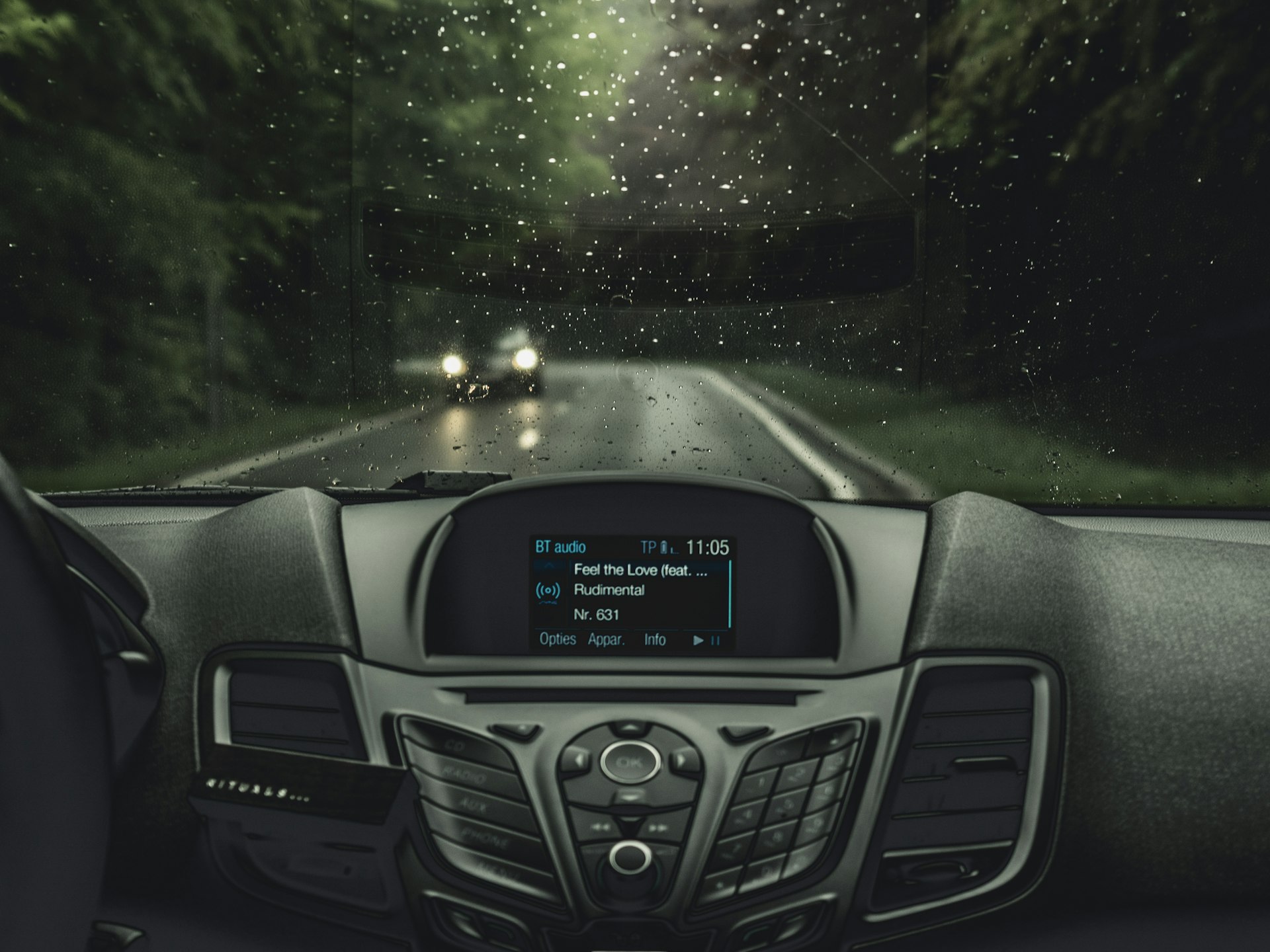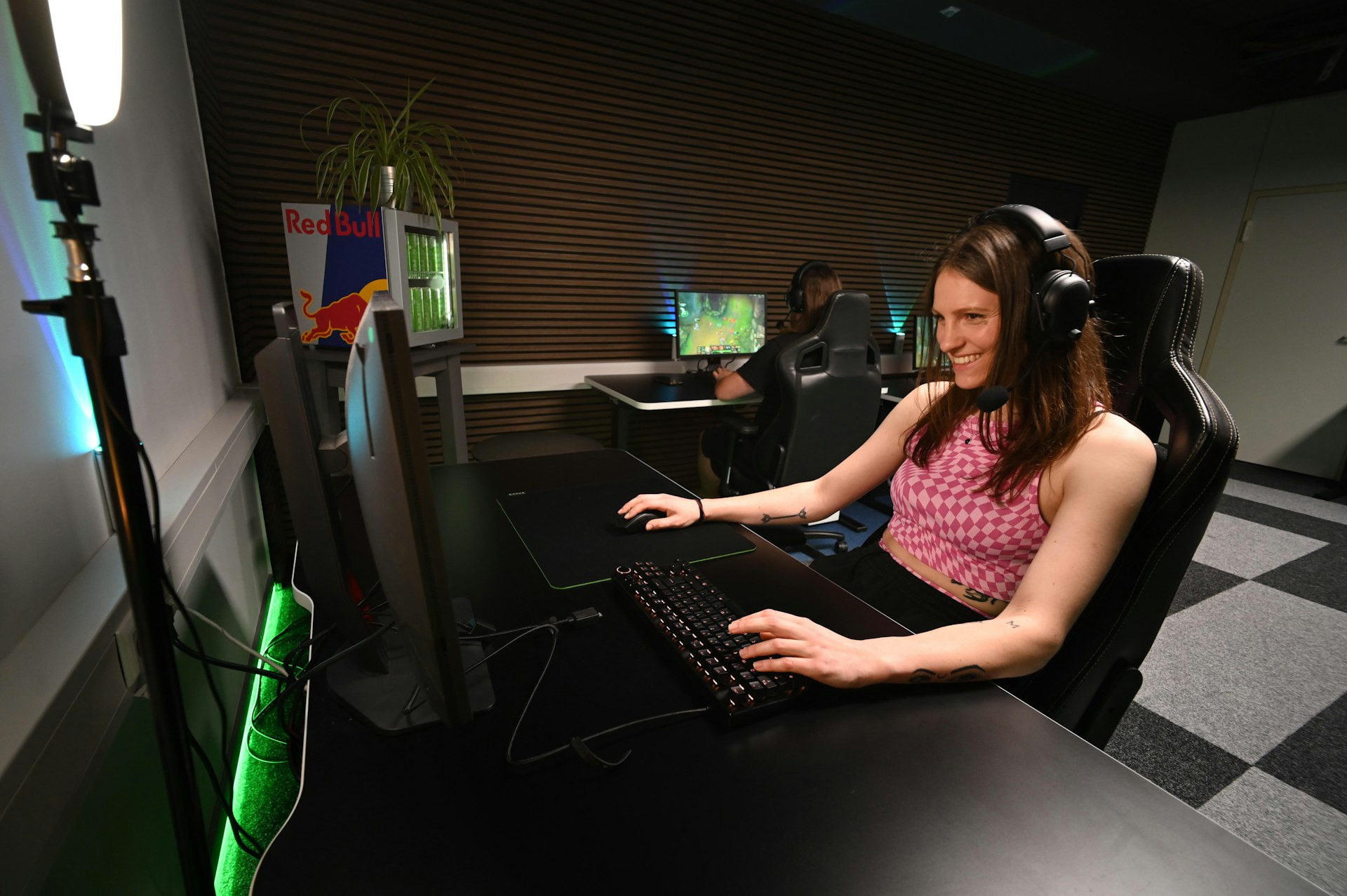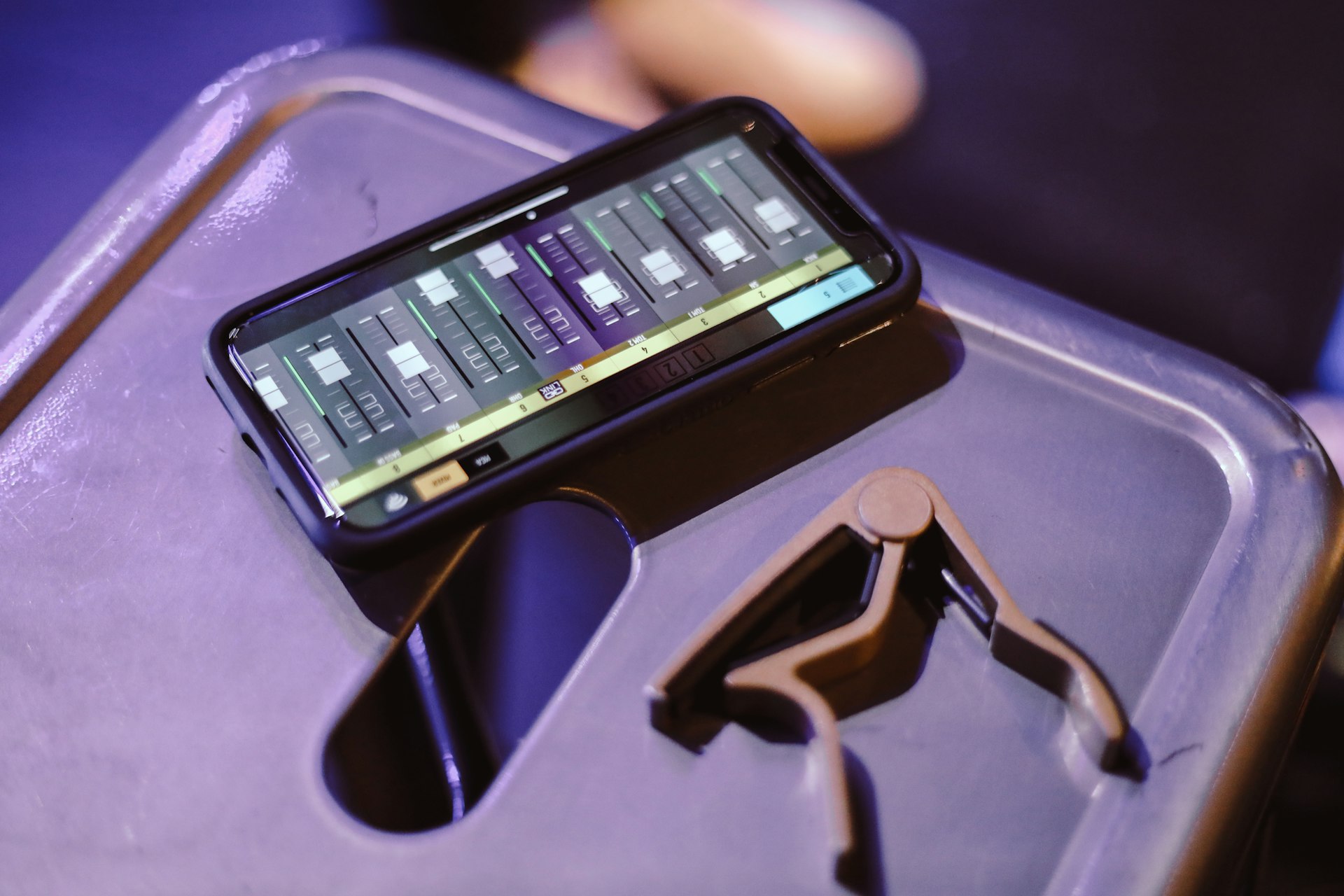How Motion Capture Revolutionizes Game Realism: Technology, Impact, and Implementation

Photo by 烧ä¸é…¥åœ¨ä¸Šæµ· è€çš„ on Unsplash
Introduction: The Evolution of Realism in Games
Video games have become increasingly sophisticated, with realism now a critical benchmark for success. One technology at the heart of this transformation is motion capture (mocap), a process that records the movements of people and objects and maps them onto digital characters. Whether you’re an enthusiast, developer, or gamer, understanding the impact of motion capture on game realism is essential for appreciating the immersive experiences modern games provide [1] .
How Motion Capture Enhances Realism
Motion capture sets a new standard by providing lifelike character movement , authentic visuals , and emotional depth that traditional animation methods struggle to achieve. Mocap records precise human gestures, facial expressions, and subtle body language, generating fluid, natural animations. In sports games, for example, mocap allows for the accurate replication of athletes’ movements, from the footwork of soccer players to the quick reactions of basketball stars [1] , [2] .
Case Study: Sports Game Realism
Sports titles like FIFA and NBA 2K leverage mocap to create gameplay that mirrors real-world action. Every dribble, shot, and celebration is captured with high fidelity, providing fans with an experience that feels tangible and true to life. Developers use mocap data to animate in-game athletes so their movements-such as a signature jump shot or a dynamic tackle-are virtually indistinguishable from real-life sports broadcasts [1] , [2] .
Character Animation and Emotional Storytelling
Mocap isn’t limited to sports. In narrative-driven games like
The Last of Us
, it captures actors’ performances down to nuanced facial expressions, bringing emotional storytelling to the forefront. Players connect more deeply with characters whose reactions, posture, and gestures mirror real human behavior. These advances allow games to deliver compelling, believable stories that rival film and television in emotional impact
[3]
,
[5]
.
Technical Process: From Sensor Suits to Game Screens
The motion capture pipeline involves several critical stages:
- Planning and Script Breakdown : Developers outline the scenes and movement details needed.
- Suiting Up : Actors wear sensor-laden suits, with markers at key joints to record movement. Facial capture uses tiny dots to track expressions.
- Recording : High-speed cameras track each marker in three-dimensional space, generating raw motion data.
- Data Cleanup : Animators refine the data, removing errors to ensure smooth, realistic movement.
- Integration : Cleaned motion data is mapped onto digital characters, with further tweaks for environmental fit and gameplay mechanics.
For a more detailed technical overview, consider searching for ‘motion capture process in game development’ at established industry websites or academic resources [3] .
Real-World Examples: Games That Set the Standard
Several blockbuster games have pushed the boundaries of mocap-driven realism:
- The Last of Us Series (Naughty Dog): Used mocap for emotional depth, lifelike interactions, and nuanced facial expressions.
- Red Dead Redemption 2 (Rockstar Games): Extensive full-body and facial capture, even for animals, combined with AI-driven behaviors for dynamic realism.
- God of War (2018) (Santa Monica Studio): Leveraged mocap for combat animations and seamless blending with AI refinements.
- Death Stranding (Kojima Productions): Hyper-realistic mocap of Hollywood actors, with AI-assisted blending for seamless open-world interaction.
These titles showcase how mocap elevates visual fidelity, emotional engagement, and gameplay authenticity [5] .
Practical Implementation: How Developers and Studios Use Mocap
For studios and independent developers, integrating mocap involves:
- Partnering with specialized mocap studios or renting mocap equipment.
- Hiring trained actors for performance capture.
- Utilizing software platforms (such as Autodesk MotionBuilder or Unreal Engine’s Live Link) to process and integrate mocap data.
- Collaborating with animators for data refinement and final integration.
If you are interested in accessing motion capture services, start by searching for reputable “motion capture studios” or “game animation services” in your region. Established studios often provide full-service solutions, including actor recruitment, equipment setup, and data processing. For small teams, consider exploring online mocap platforms or attending industry conferences to network with providers.
Challenges and Solutions
While mocap delivers extraordinary realism, challenges remain:

Photo by Unlimited Motion Ltd on Unsplash
- Cost : Full-body motion capture setups and studio time can be expensive. Indie developers may look to open-source mocap software or rent equipment for short-term projects.
- Technical Complexity : Accurate data capture requires proper calibration and skilled technicians. Training and collaboration with experienced professionals are essential.
- Data Cleanup : Raw mocap data often contains errors, requiring time-intensive refinement by animators.
- Integration : Mocap data must be adapted to suit specific game engines and mechanics, sometimes requiring additional manual animation.
For developers facing these challenges, online forums, specialized training courses, and industry networks are valuable resources. Consider searching for “game mocap troubleshooting” or “animation cleanup techniques” for actionable solutions.
Alternatives and Future Trends
Where full-scale mocap is not feasible, alternatives include:
- Procedural Animation : Uses algorithms to generate movement, often blended with mocap data for hybrid realism.
- AI-Powered Animation : Machine learning models can generate nuanced character movement, reducing reliance on physical capture.
- DIY Mocap Kits : Affordable consumer-grade mocap solutions are increasingly available for indie developers and hobbyists.
The industry is also moving toward real-time mocap, especially in VR gaming, enabling players to see their own gestures and movements mapped instantly to in-game avatars. This next wave of immersion is set to redefine social gaming experiences and multiplayer interactions [4] .
How to Access Mocap-Driven Realism in Games
If you are a gamer seeking the most realistic experiences, look for titles highlighted above or search for “games with motion capture animation” in trusted gaming review sites. Studios often showcase their mocap technology in developer diaries or behind-the-scenes videos, offering insights into their creative process.
Developers interested in adopting mocap should:
- Research established mocap studios for collaboration.
- Attend industry events (such as GDC or SIGGRAPH) to connect with experts.
- Explore educational resources and online training for mocap pipeline mastery.
- Consider open-source or affordable mocap tools for small-scale projects.
For comprehensive industry information, you can consult official resources like the International Game Developers Association or relevant academic research through university portals, using search terms such as “motion capture in video games” or “game animation technology”.
Key Takeaways
Motion capture is the cornerstone of modern game realism, delivering lifelike movement, emotional depth, and immersive gameplay. While it presents challenges, solutions and alternatives are widely available, enabling studios of all sizes to benefit from this transformative technology. Whether through blockbuster titles or indie projects, mocap continues to push the boundaries of what’s possible in digital entertainment.
References
- [1] YOOM Track (2024). Enhancing Realism in Sports Games Through Motion Capture.
- [2] Hoop Heads Podcast (2023). Realism in Basketball Video Games, The Role of Motion Capture.
- [3] Genius Crate (2024). The Science of Motion Capture: Bringing Realism to Game Characters.
- [4] iXie Gaming (2023). How Motion Capture Elevates Performance in Gaming.
- [5] Remocapp (2024). Motion Capture in Video Games and Game Development.
MORE FROM gowithdeal.com













